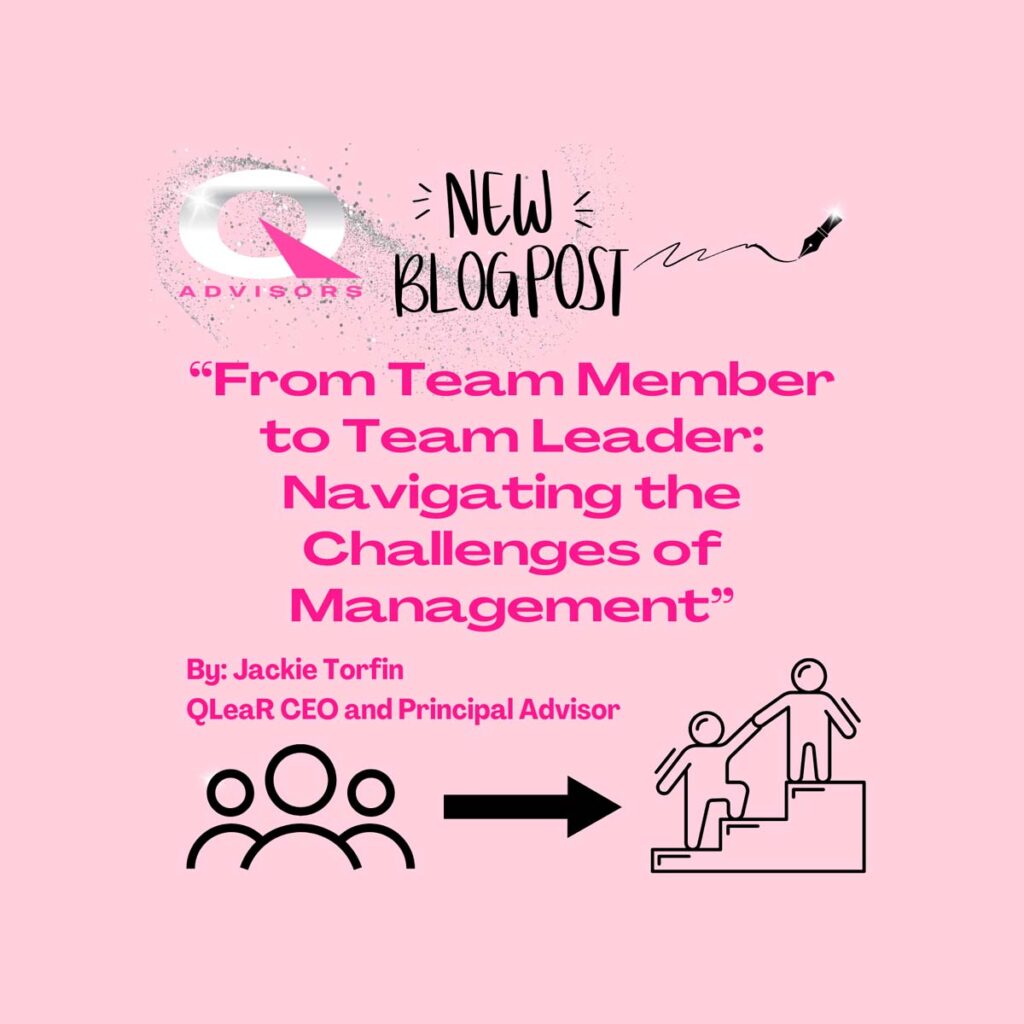When I reflect on my career journey, one pivotal moment stands out in my memory. It was 1995—a year that would shape my professional narrative in profound ways. At the time, I held the somewhat enigmatic title of International Quality Systems Advisor, a position conjured specifically for me to prevent my departure from the company. With just two short years of industry experience under my belt, my ambitious task was unprecedented: harmonizing quality systems between our locations in Minnesota and Paris, France.
Initially, I was a fish out of water in an international setting, armed with little more than determination and a willingness to learn. My colleagues in France embraced me warmly, and together, we embarked on a monumental journey. Against all odds, we successfully constructed our first set of global Quality System procedures. However, such victories can often be transient; our company underwent its first acquisition, leading to a significant shift in our landscape. With my established connection bridging the two sites, I was soon promoted to Quality Systems Manager.
At that moment, it felt as if I had arrived! I was a young mother of two, pregnant with my third, and had just taken my first business trip to the picturesque city of Paris. I had transitioned from a team player to a manager, overseeing former colleagues whose expertise once inspired me. Our mission was clear: achieve certification for ISO 13485. Though I meticulously planned every detail and communicated frequently, something was amiss. Progress seemed elusive.
Then came the breakthrough—the day I received the kind of direct feedback that many avoid but is crucial for growth. One of my colleagues, an unofficial mentor and a friend, opened up about her concerns. She pointed out that I had transformed from an adept quality management system writer into a manager who was failing to foster team collaboration. My focus had shifted to my own agenda rather than nurturing a collective effort.
That moment was a revelation. It illuminated a stark reality: I had gone from being a contributing team member to someone who wielded power without nurturing the relationships crucial to our success. I realized I needed to recalibrate my leadership style.
This insight fueled my desire for growth and led me to enroll in a Master’s program focused on leadership. The teachings on Situational Leadership became invaluable. I learned to assess where each team member stood regarding their willingness and ability to complete tasks, transforming my approach to management entirely. Was someone reluctant? I would find ways to motivate them. Did they lack the skills needed? I would equip them with the right tools or reposition them to roles more suited to their strengths.
As Abraham Lincoln famously stated, “If you want to test a man’s character, give him power.” Over the years, I have witnessed this truth unfold in corporate environments time and again. My journey is a testament to the importance of feedback and adaptability in leadership. In every role I’ve taken on since that transformative conversation, I have strived to position myself as a Leader on a team rather than a Manager of employees.
This mindset not only enhanced my effectiveness as a manager, but it also served me well, whether I was an individual contributor or a Senior VP. So, as you navigate your own leadership path, remember: wield your power wisely, embrace feedback, foster collaboration, and always prioritize being part of a team. The difference between managing a team and leading a team can shape not just your career but also the success of those around you.

